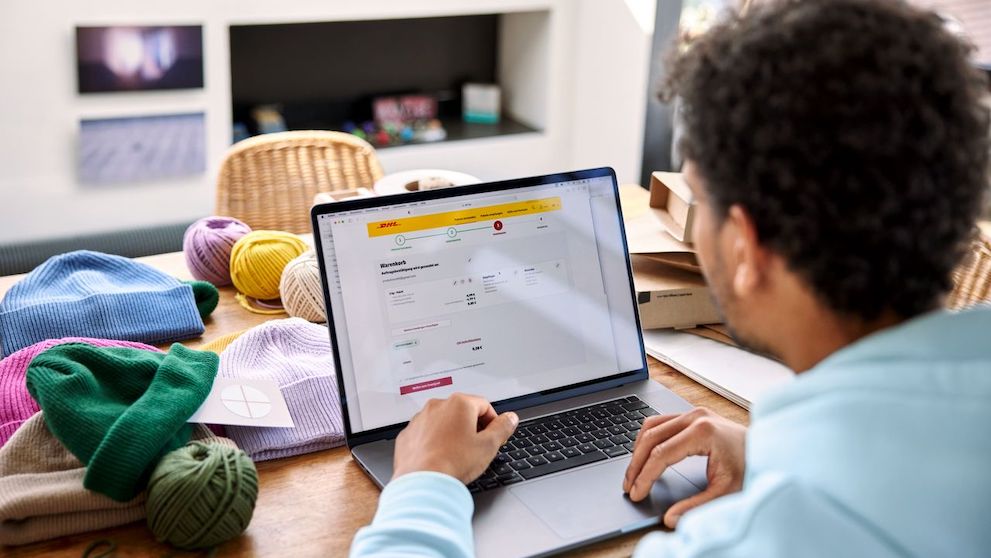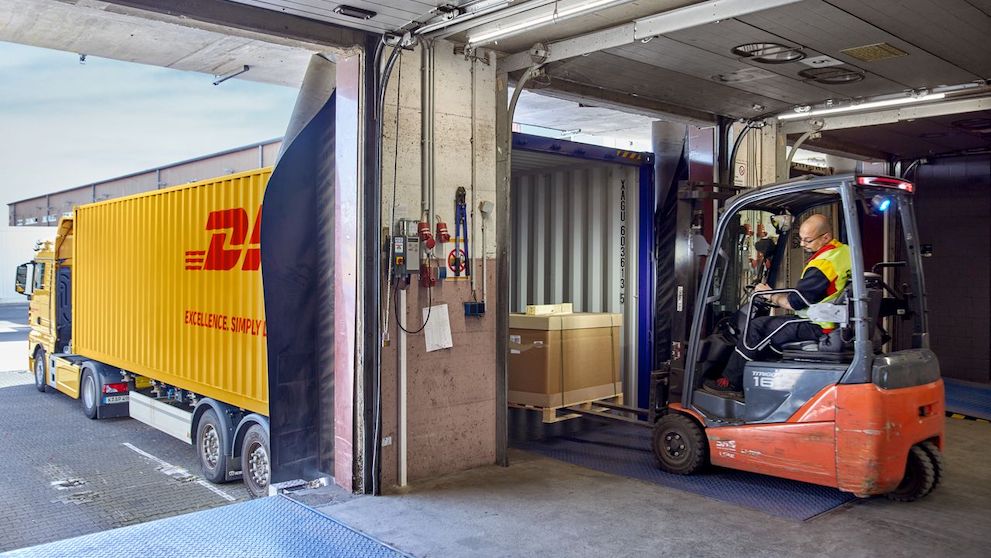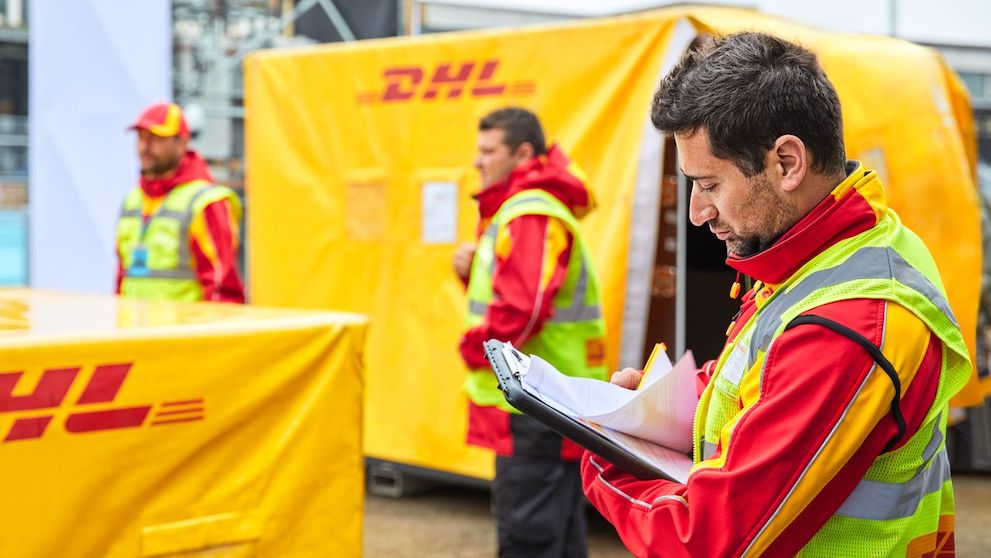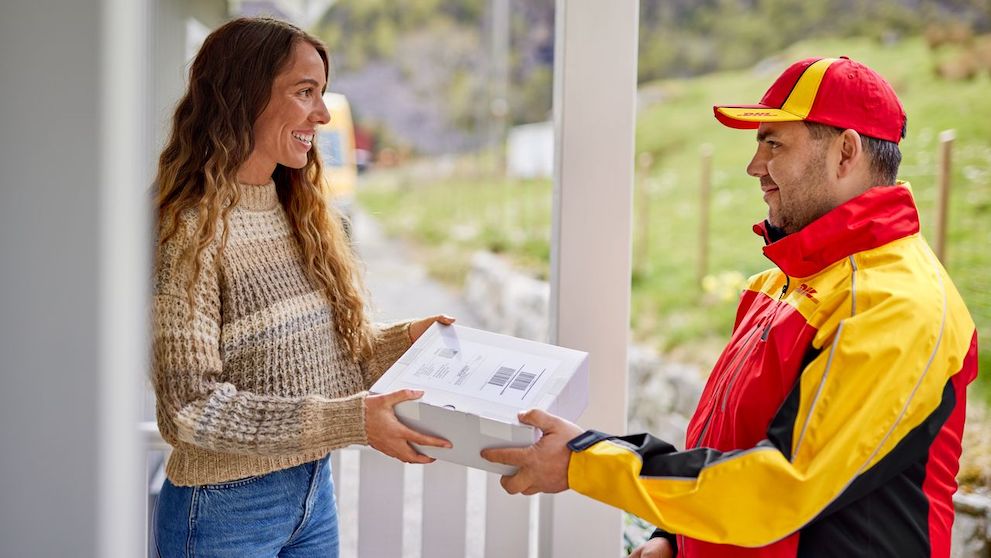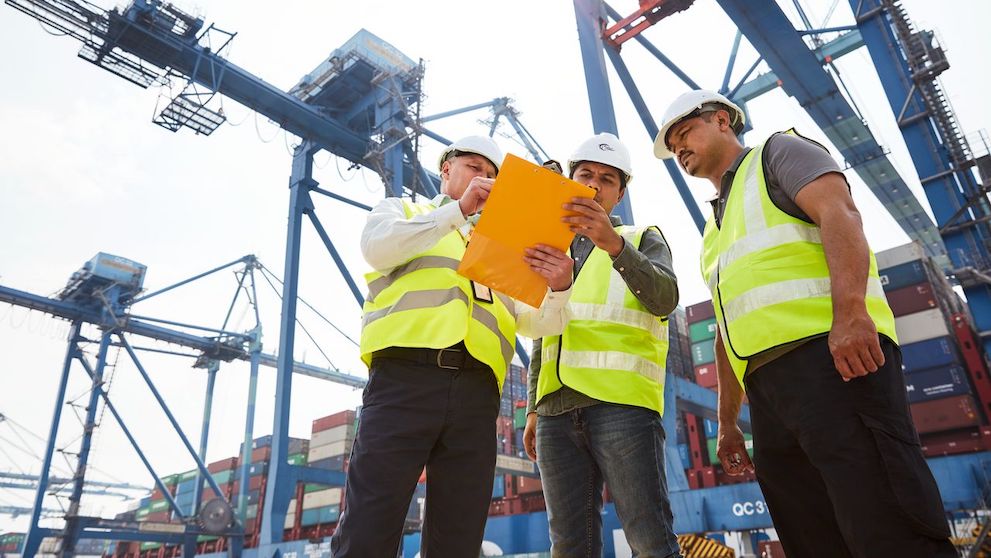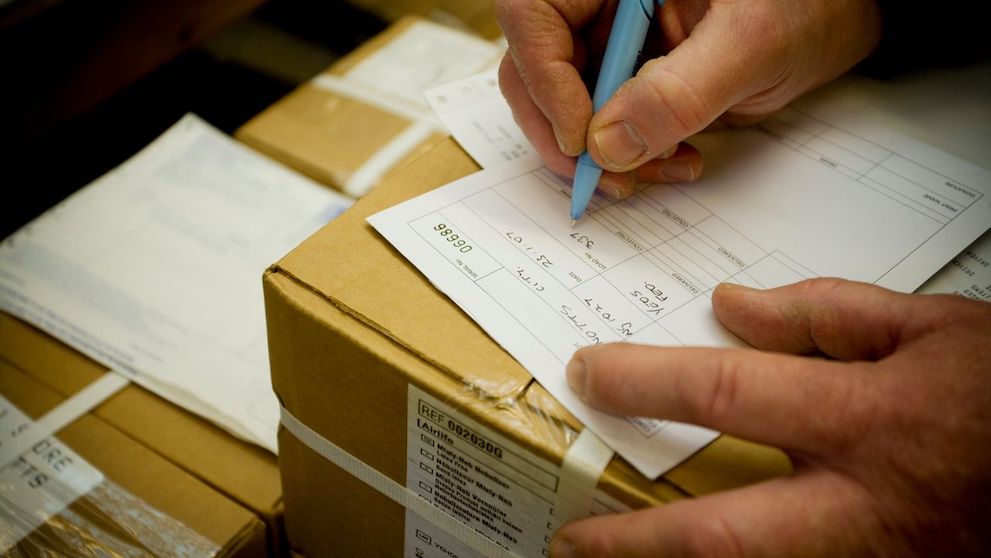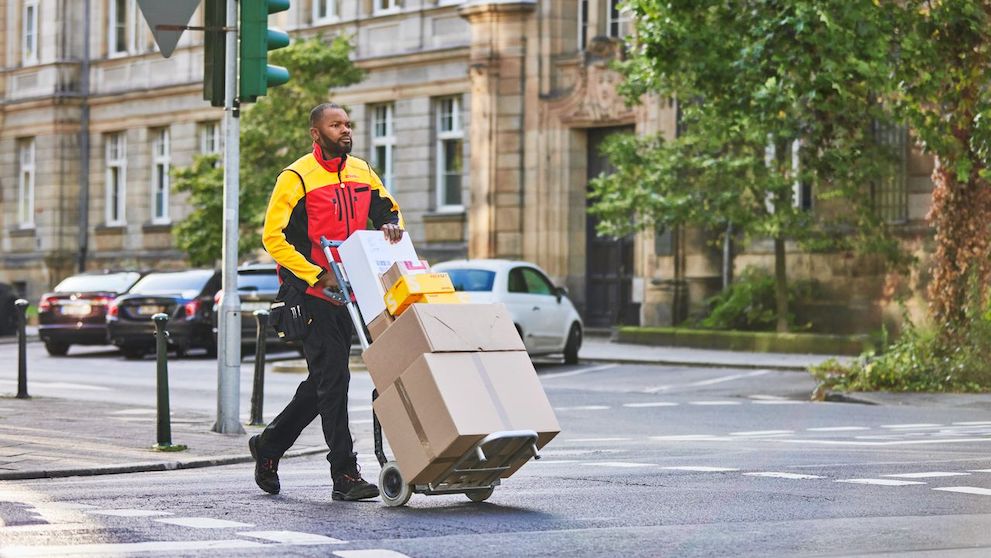Shipping batteries internationally can be a complex process due to stringent regulations aimed at ensuring safety during transport. As the world’s leading international express service provider, DHL Express adheres to these regulations meticulously.
This guide will help New Zealand businesses understand the key steps and considerations when shipping batteries internationally with DHL Express.
It should be noted that shippers must contact their dedicated DHL Express Account Manager prior to shipping to ensure they have the correct approval for their DHL Express account.
Understanding Battery Types
Before shipping, it's crucial to identify the type of battery you are dealing with. There are two main types of batteries:
Lithium Ion Batteries (Rechargeable)
- Commonly found in consumer electronics like laptops, mobile phones, and power tools.
- These batteries are rechargeable and are also known as lithium polymer batteries.
Lithium Metal Batteries (Non-Rechargeable)
- Used in devices like cameras and smoke detectors.
- These batteries have a longer life compared to standard alkaline batteries but are not rechargeable.
Packaging and Shipping Guidelines
1. Lithium Ion Batteries
Shipping Options:
- Batteries Only: Must be packed in strong, rigid outer packaging with each battery protected against short circuits.
- Batteries Packed with Equipment: Batteries must be packed separately but within the same package as the equipment.
- Batteries Contained in Equipment: The equipment must be packed in strong, rigid outer packaging.
Capacity Limits:
- Cells ≤ 20 Wh or Batteries ≤ 100 Wh: Common for small electronics. Packaging must comply with strong outer packaging standards.
- Cells > 20 Wh or Batteries > 100 Wh: Requires more stringent packaging and labeling.
Documentation and Labeling:
- When shipping larger quantities or higher capacity batteries, a Shipper’s Declaration is required, and packages must be labeled with “Dangerous Goods as per associated Shipper's Declaration” and “Cargo Aircraft Only” if applicable.
2. Lithium Metal Batteries
Shipping Options:
- Batteries Only: Similar to lithium-ion, must be packed in strong, rigid outer packaging with short circuit protection.
- Batteries Packed with Equipment: Batteries must be packed separately but within the same package as the equipment.
- Batteries Contained in Equipment: Equipment must be packed in strong, rigid outer packaging.
Capacity Limits:
- Cells and Batteries: Must not exceed the net quantity limits per package (e.g., 2.5 kg for certain shipments).
Documentation and Labeling:
- A Shipper’s Declaration is required for larger shipments, with similar labeling requirements as lithium-ion batteries.
Special Considerations
- Defective or Damaged Batteries: DHL will not accept any batteries identified as defective or damaged for safety reasons.
- Waste Batteries: Batteries meant for recycling or disposal are not accepted.
- Reverse Logistics: For equipment containing batteries being returned for repair, the batteries must be removed before shipping.
Preparing Your Shipment
- Identify the Battery Type and Capacity: Determine whether you are shipping lithium-ion or lithium metal batteries and their watt-hour (Wh) rating.
- Select Appropriate Packaging: Use strong, rigid outer packaging and ensure each battery is protected against short circuits.
- Label and Document: Ensure all necessary labels and documentation are in place, especially for larger or higher capacity batteries.
- Comply with Regulations: Adhere to all relevant IATA Dangerous Goods Regulations to ensure safe and compliant shipping.
Shipping batteries internationally requires careful adherence to regulations to ensure safety and compliance. By following the guidelines outlined above, New Zealand customers can confidently ship their batteries with DHL Express.
For any further assistance or specific queries visit MyDHL+.
Note: This guide is intended for informational purposes only and does not replace the need for a thorough review of the IATA Dangerous Goods Regulations.



